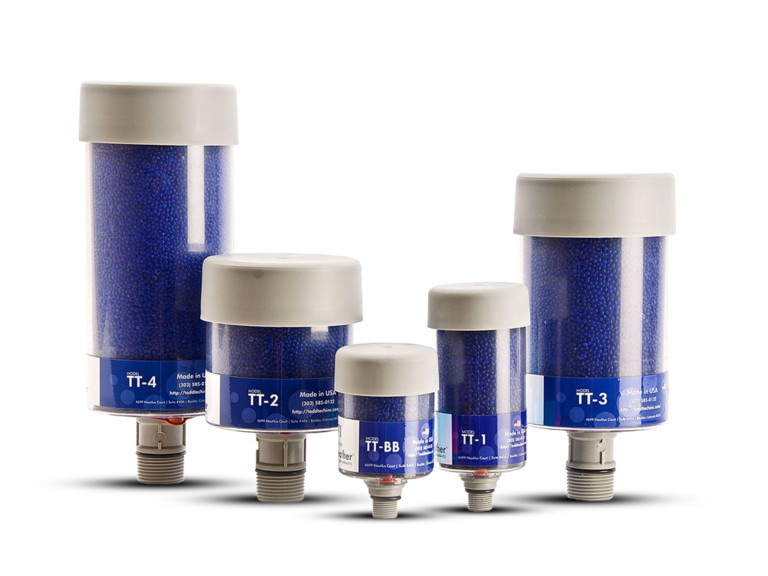If you’re in the industrial sector, you are probably familiar with industrial pipe fittings and valves. Pipe fittings are used in a wide variety of applications and have been around for centuries. They come in a range of materials and sizes, depending on the purpose for which they will be used.
Let’s look at some of the Different Types of Industrial Pipe Fittings and their uses.
Types of Fittings
There are many different types of industrial pipe fittings that can be used for various purposes. Some common types include elbows, tees, couplings, flanges, unions, bushings, plugs, and caps. Each type serves its own unique function and can be used to connect two pipes together or to close off the end of a pipe.
Elbows
Elbows are curved fitting pieces that allow pipes to turn corners at various angles. They come in 45-degree and 90-degree varieties as well as other configurations depending on the application they are being used for.
Tees
Tees are used to connect three pipes together at once or to branch off from an existing line. They can also be used to join two pipes together while allowing another pipe to branch off them at a 90-degree angle.
Couplings
Couplings enable two pipes to join without having to use welding or threading methods. They come in a variety of materials such as stainless steel and brass depending on the application they are being used for.
Flanges
Flanges are flat pieces that have bolt holes so that they can be securely attached to other piping components such as valves or pumps.
Unions
Unions enable two pipes to join together via compression fitting instead of welding or threading methods while still allowing them to be easily disconnected if necessary.
Bushings
Bushings are short pieces that usually serve as an adapter between two different-sized pipes or threads.
Plugs
Plugs help seal off the end of a pipe by blocking any flow through it when it is not needed or desired anymore.
Caps
Caps cover openings on the end of a pipe where no flow is desired or needed anymore either temporarily or permanently.

